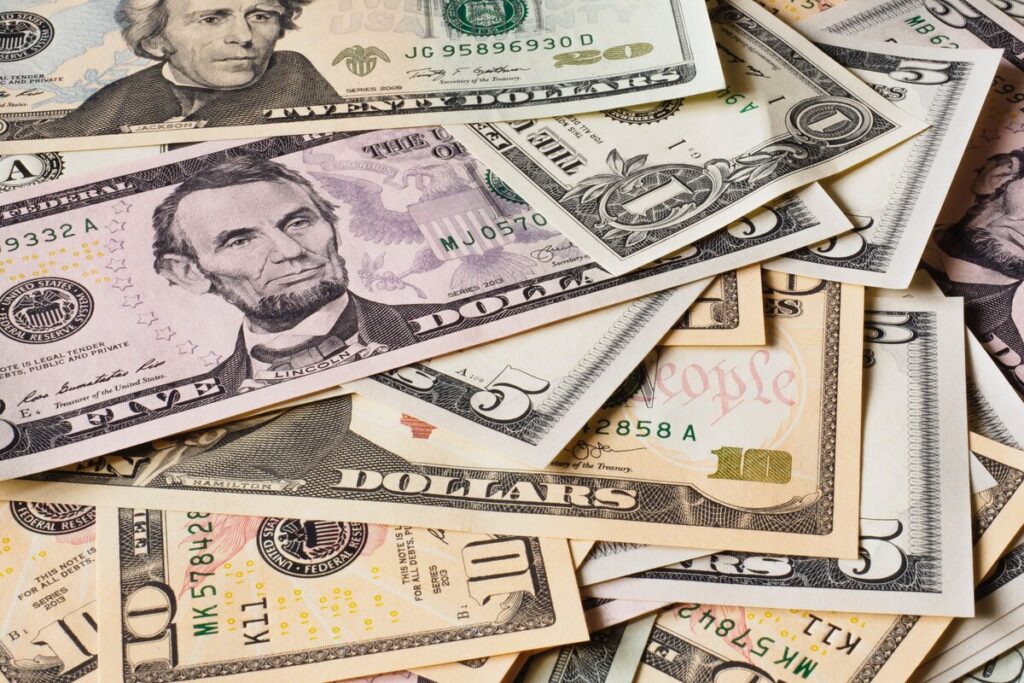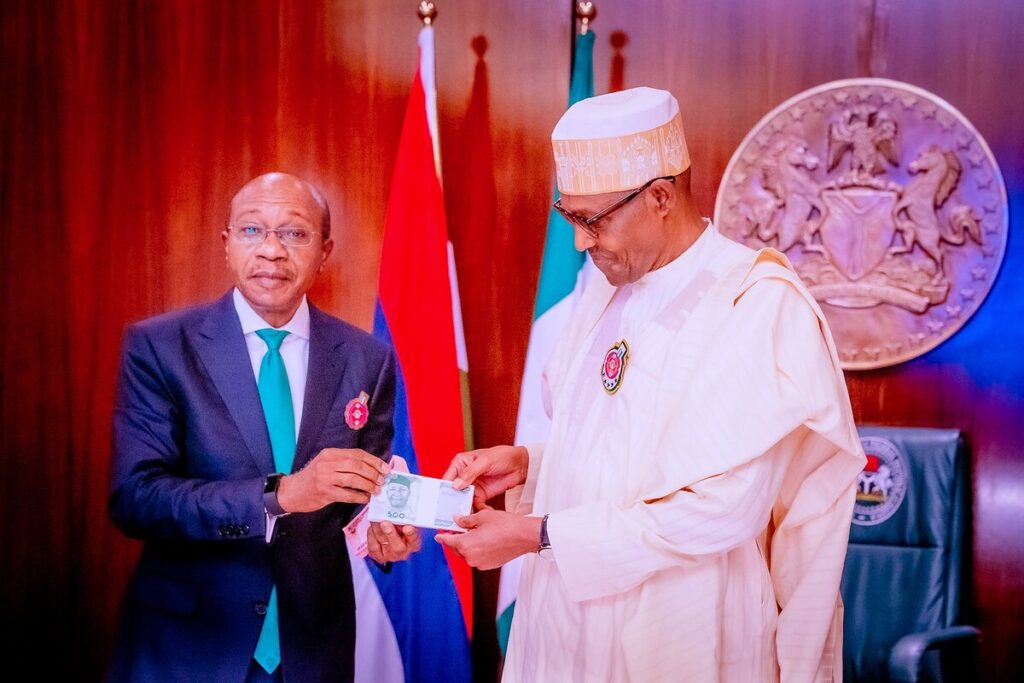The Current State of Affairs of USD/NG
Dollar to Naira exchange rate at the Importers’ and Exporters’ window closed at $/N747.87 on Monday, September 4, 2023, while it closed at $/N912 at the black market (the unofficial market), the same day.
The Background to Dollar to Naira Rate
40 years ago (1983), $1 = N0.724, but the story has completely changed, according to InfomediaNG FX tracker, raising the question: Will the Naira ever be equivalent to the US dollar again?
The first Dollar exchanged for more than N1, occurred during the military regime of Ibrahim Babangida, in 1986, $1 = N2.02.

Myth: Dollar will be equal to N1
In March 2015, the presidential candidate of the All Progressives Congress, Muhammadu Buhari, promised to ensure that the Nigerian currency makes a significant gain against the US dollar during the South-East Presidential rally of the party at Dan Anyiam Stadium, Owerri.
Later, his speech gained momentum that he would make $1 equal to one Naira (N1), but didn’t specifically say he would make $1 to N1.
He did lament that the US dollar to naira exchange rate did not speak well for Nigeria’s economy, but he was misquoted at the time.
“It is sad that the value of the naira has dropped to more than N230 to one dollar. This does not speak well for the nation’s economy,” Buhari lamented.
Unfortunately, Buhari’s government failed to address the depreciation of naira.

You may want to ask: Is it really possible to make the naira regain its value against the US dollar and other foreign currencies?
So…what does the current exchange rate indicate?
The Two-tiered Exchange System
Nigeria operates a dual exchange rate system:
- The official rate: used primarily for importers and exporters known as I&E window, following unification.
- The parallel (or black market) rate: where individuals and businesses trade without official oversight.
This system creates a dichotomy. The wide gap between these rates often signifies economic imbalances, inefficiencies, and a lack of trust in the official currency’s stability, though when the government announced the collapse of its multiple exchange rate (unification).
Historical Precedents
Currencies rarely have a 1:1 parity without intervention. History has shown that many nations, in efforts to stabilize their economies and achieve particular economic goals, have pegged their currency to the dollar. Some succeeded, at least temporarily, while others faced substantial challenges.
Through the administration of Buhari, Naira was pegged to the USD, it didn’t work because it was alleged that the pegging FX policy was designed to benefit allies of the ruling government.
Factors Influencing the Naira-Dollar Relationship
Several elements shape this relationship, especially for an importing country such as Nigeria, which has debts higher than its revenue as highlighted here, some of them include:
- Oil Prices: Nigeria’s economy heavily depends on oil exports. Higher oil prices typically boost the Naira’s value.
- Foreign Reserves: These act as a cushion, stabilizing the currency during economic downturns.
- Monetary Policies: The Central Bank’s actions significantly affect the Naira’s strength.
- Economic Growth: A robust and diversified economy can bolster a currency’s value.
Can Parity Ever Be Achieved?
The million-dollar question – or should we say the 747.87-Naira question? Parity between Naira and the US dollar isn’t just a matter of numbers. It reflects deeper economic, structural, and policy realities.
The Economic Perspective
A 1:1 ratio would mean Nigeria’s economy, purchasing power, and global influence rival that of the USA. While aspirations are laudable, it’s essential to approach this possibility with pragmatism.
The Role of Policy Makers
Effective policy decisions could narrow the gap. Diversifying Nigeria’s economy, fostering sustainable growth, and establishing trust in the official currency are critical.
The Global Landscape
In a globalized world, external factors – from international politics to unforeseen pandemics – play a role. These uncertainties make predictions challenging.
Conclusion
The journey towards parity, if at all achievable, is intricate and multifaceted. Rather than focusing solely on numerical equality, Nigeria’s goal should be economic stability, growth, and resilience. By refining its crude oil at home, investing heavily in education to reduce FX demand for PTA, and investing heavily in the health sector to reduce FX demand for foreign medicals, the Naira will naturally find its strength against the US Dollar.

